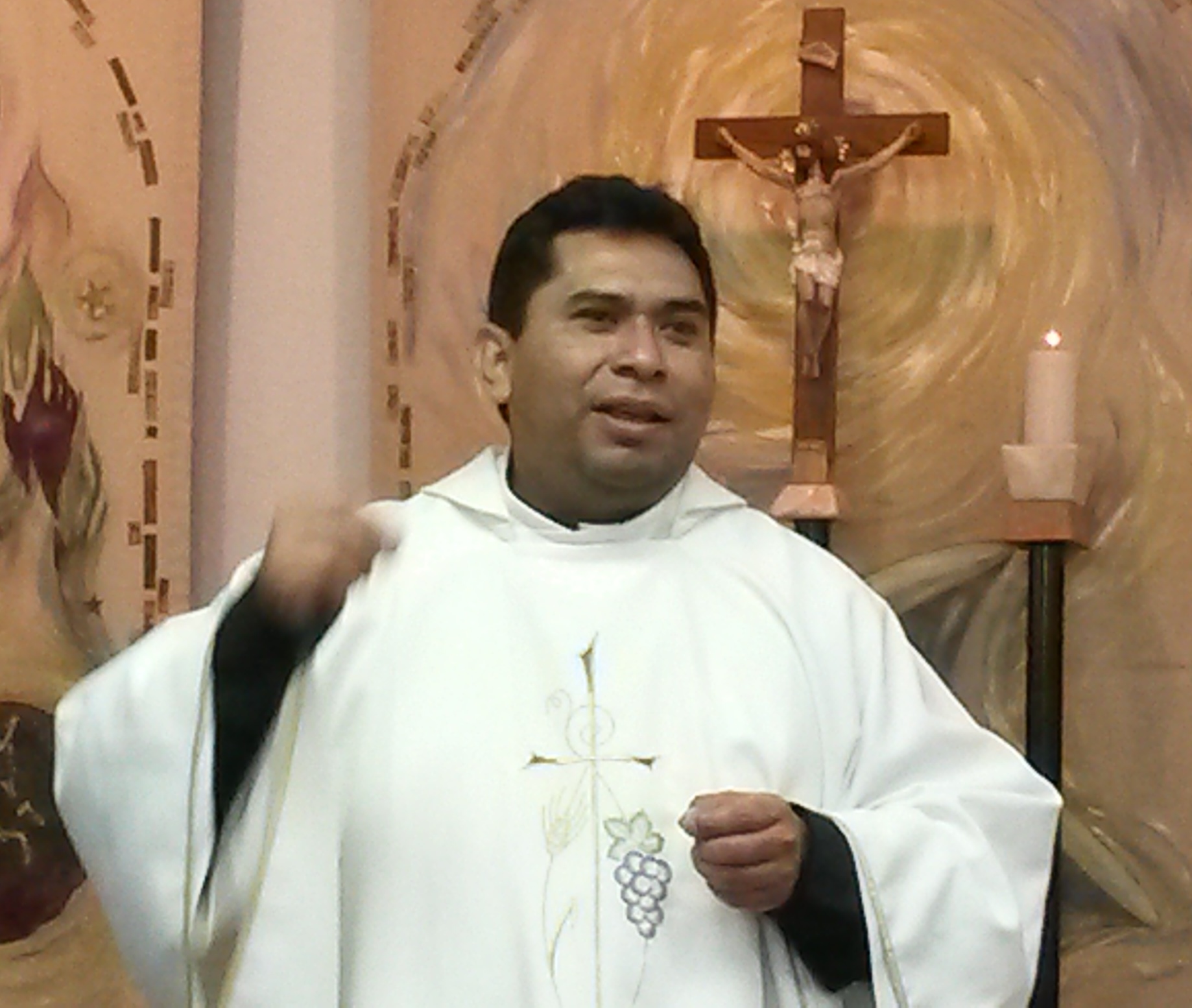 VI SUNDAY IN ORDINARY TIME
VI SUNDAY IN ORDINARY TIME
LOVE AND JUSTICE ABOVE THE LAW AND JUSTICE
By our Pastor, Fr. Carmelo Jiménez
We are in Cycle A and the evangelist Saint Matthew is the one who takes us to the happy encounter with Jesus, just as it happened to him.
After the first two chapters about the birth he takes us to an encounter with John the Baptist (his preaching, the announcement of the Messiah, the baptism of Jesus, the temptations) and Jesus’ preaching (in Galilee, Nazareth, calling of the first 4 disciples) and the healings. He starts with the profound teaching: the Beatitudes, the authentic values of a disciple – salt and light – and the law which is the proposal for today.
“If you choose you can keep the commandments, they will save you; Before man are life and death, good and evil, whichever he chooses shall be given him.” (Sir 15: 15.17) The fact that human beings are weak is not a disgrace, nor an occasional limitation, it is a gift from God. The answer from the author of this book, in this case, is precisely that we have all the freedom to choose between water and fire, between life and death, between good and bad. The book of Genesis affirms the same thing: “The LORD God gave the man this order: You are free to eat from any of the trees of the garden except the tree of knowledge of good and evil. From that tree you shall not eat; when you eat from it you shall die.” (Gen 2: 16-17) We have freedom and weakness engraved in our anthropology and our human psychology. Ben Sira affirms that God does not force anyone to do anything, especially not to sin. He affirms in a positive way that we have inside of us a good nature, a divine gift, to choose the good and not the bad.
“Do not think that I have come to abolish the law or the prophets. I have come not to abolish but to fulfill.” (Mt 5:17) Jesus’ sermon, for the gospel of Saint Matthew, is an imperative and a demand, may it not simply become a legal, ritual or even moral practice. This demand is made incarnate in the history of the people, a people who should be faithful to God, and for that reason it speaks about fulfillment. The Law and the Prophets are not simply the two essential parts of the Bible, but rather we should understand them as the history of God with his people, that should be brought to fullness of justice and in a special way the fullness of grace.
Jesus does not simply stick to the precepts of the Old Testament. The Jewish Torah nor the Prophets lose their meaning because Jesus was Jewish and doesn’t change God or the fundamental demands faced with evil and senselessness of life and religion. That is what we should understand above all: the religion of the law and the prophets comes to fulfillment if we think and feel like Jesus thought and acted as a prophet of Galilee.
In this gospel we hear four contrasts between the Law and the Prophets and the teaching of Jesus. These contrasts take them even further, but that doesn’t mean we should forget about the others. The second of the contrasts speaks about adultery, that it affects marriage and the family, demands a radicalism of mind and heart. The third contrast is about divorce, which is not permitted because it is an attack on the woman. And the fourth contrast tells us about oaths and teaches that the truth is enough for a human because the truth is an oath itself of their innocence. This gospel is long, but it teaches us fundamental things about being a human being: family, faithfulness in marriage and God and respect of women.
The law or legal matters can be unjust sometimes. Love, faithfulness, and the justice of God go beyond the law. May we live love and justice.